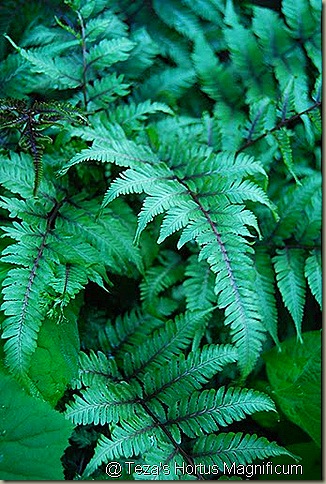Great Gardening Advice Everyone Needs To Know
Start your seedlings in pots inside and then transplant them into your garden. This boosts the chance that the plants can survive to adulthood. It also allows you to tighten up the time periods between plantings. The seedlings are reading for planting immediately after you remove older plants.
Organic gardening is very relaxing and will help you connect with nature. It is a good way to grow healthy fresh foods in an environmentally friendly, chemical-free way. Does this seem to be easier said than done? Read on for suggestions on what you will need to start horticulture like a pro.
It is a good idea to pre-soak your seeds in a dark environment overnight. Simply place a handful of seeds in a container, cover the seeds up with water, and stash it away. This lets water soak into the seeds, giving them an extra boost of hydration when they start growing. This way, the seeds will have a much better shot at survival once they are planted.
Plant perennials that slugs and snails won’t be interested in eating. Snails and slugs can destroy plants in just one night. Certain perennials that don’t have tough leaves are especially tasty to snails and slugs. Certain perennials are unappetizing to slugs and snails, especially those with tough, hairy leaves or an unappetizing taste. Examples of these include euphorbia, hellebourus and achillea. Others you may want to consider are campanula and heuchera.
A simple way to lower the alkaline content of your soil is to dilute it with coffee grounds. Using coffee grounds is a less expensive way to make your soil more acidic than trying to replace your topsoil. This will allow your vegetables and greenery to really thrive.
The kind of soil you use will influence the results. The kind of plants you want in your garden should let you know what kind of soil you need to get. For special requirements, you can build separate areas with soil that is right for certain plants.
Protect your plants from moisture on a daily basis. Damp leaves can lead to plant disease and parasites. A fungus is one of the most important and debilitating parasites for plants. There are many effective fungicide products that will prevent fungi growth and clear up any existing problems as well.
Coffee Grounds
If you have a vegetable garden, one of your main enemies is garden pests. Don’t spray any harsh chemicals on your vegetables because you will be eating them later on. Remain alert in order to control garden pests. If you find any unwanted pests, try removing them by hand.
If your soil has a problem with high alkaline levels, mixing in some coffee grounds that have been used is a great solution. Used coffee grounds will add acidity, helping to optimize the soil’s pH. When you use them, you will start to notice that your vegetables are tastier and more vibrant in color.
Protecting your knees while you are gardening is very important. Bending over while gardening can be painful and unhealthy for your back. Concentrate on kneeling. This will still make it easy to reach plants as well as minimize back stress. A knee pad can be placed under your knees to protect them from damage and strain while you are working.
A set of knee pads are a life saver if you’re an avid gardener and a lot of your plants sit close to the ground. Spending lots of time on your knees while gardening can injure them and create lasting pain. A set of quality knee pads designed for horticulture can be a world of relief for your central leg joints.
An old laundry basket makes a great way to gather your harvest. This laundry basket can be used as a type of strainer for all your produce. After you have rinsed your produce in the laundry basket, the water will just drain right out the sides.
Ensure that your plants are kept dry, and aerated daily. Moisture on your plants is a sure way to attract parasites and disease. Fungi commonly afflict a number of plants. Fungus can be handled with sprays specifically formulated for fungi control, but you must treat the area with spray before seeing any kind of problems.
An organic shade garden is a lovely idea. Shade gardens do not require a lot of maintenance, which is very appealing to most people. They also require a lot less watering, which could save you lots of time and work. Weeds will be less prevalent, even though you may experience longer times for growth to develop.
Working in your garden is an excellent way to relax yourself. Peace and relaxation can be found through several different avenues. Gardening is at the top of the list of ways to relax for many people. The cost is low and the reward is often high. The biggest dividend is the emotional satisfaction of planting and growing greens on your own.
Plant trees strategically to maximize the amount of natural share over your home. This can help you save on your utility bills, since the shade from the trees provide natural cooling which will cut down your energy consumption.
Horticulture organically is a rewarding hobby that incorporates nature, effort and patience. The rewards are healthy, delicious foods without the harsh chemicals of today’s corporate farming practices. To transform yourself into a successful organic gardener, simply follow our tips and put in a bit of effort!
When you rake leaves, keep them to serve as compost for your soil. Leaves and other organic garden waste decompose in the compost heap and makes nutrient rich food for your garden. The leaves you rake from your yard are free and a great way to supply compost for your organic garden.


